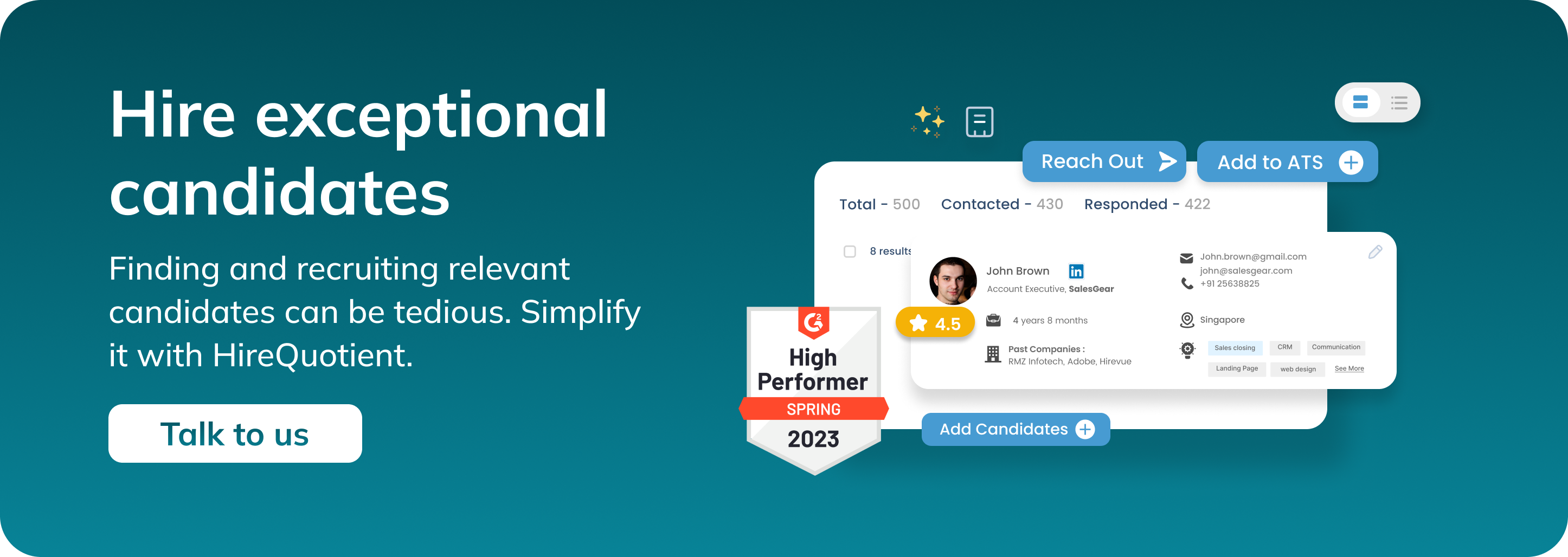Employee Confidentiality Policy
Published on July 8th, 2023
This Employee Confidentiality Policy outlines the expectations and guidelines for employees to maintain confidentiality and protect sensitive information belonging to the company, clients, customers, and fellow employees. Confidentiality is crucial for safeguarding the company's proprietary knowledge, trade secrets, personal data, and maintaining the trust of stakeholders. By adhering to this policy, employees contribute to a secure and professional work environment. Here are the key components of our Employee Confidentiality Policy:
Definition of Confidential Information:
a. Confidential information includes any non-public or proprietary data, documents, trade secrets, business plans, financial information, customer lists, software, technical specifications, employee records, or any other information that is not publicly disclosed.
Duty of Confidentiality:
a. All employees have a duty to protect and maintain the confidentiality of the company's and its clients' confidential information, both during and after their employment.
b. Confidentiality obligations extend to conversations, written documents, electronic files, emails, and any other form of communication or storage.
Non-Disclosure Agreement (NDA):
a. Upon hiring, employees may be required to sign a Non-Disclosure Agreement, acknowledging their understanding of their confidentiality obligations and the consequences of violating them.
Access and Use:
a. Employees shall only access and use confidential information to perform their job responsibilities and as authorized by the company.
b. Confidential information should not be disclosed, discussed, or accessed by unauthorized individuals within or outside the company, unless required by law or authorized by management.
Safeguarding Confidential Information:
a. Employees must take appropriate measures to safeguard confidential information, including password protection, secure storage, limited access, and adherence to data security protocols.
b. Physical documents and electronic devices containing confidential information should be properly secured when not in use.
Reporting and Incident Management:
a. Employees must promptly report any suspected or actual breaches of confidentiality to their supervisor, manager, or the designated point of contact within the company.
b. In the event of a breach, employees should cooperate fully in investigations, corrective actions, and any required remediation efforts.
Post-Employment Obligations:
a. Confidentiality obligations continue even after the termination of employment. Former employees must refrain from disclosing or using any confidential information obtained during their employment.
Training and Awareness:
a. The company will provide training and resources to educate employees on their confidentiality obligations, best practices for data protection, and the importance of maintaining confidentiality.
Consequences of Violations:
a. Violation of this confidentiality policy may result in disciplinary actions, up to and including termination of employment, and may also lead to legal consequences if applicable laws are violated.
Note: This template is provided as a general guide. Companies should customize their confidentiality policy to suit their specific needs, legal requirements, and industry practices. It is advisable to seek legal counsel or HR experts to ensure compliance with applicable laws and regulations.
Check out other company policies:
Hire the best without stress
Ask us how
Never Miss The Updates
We cover all recruitment, talent analytics, L&D, DEI, pre-employment, candidate screening, and hiring tools. Join our force & subscribe now!
Stay On Top Of Everything In HR


